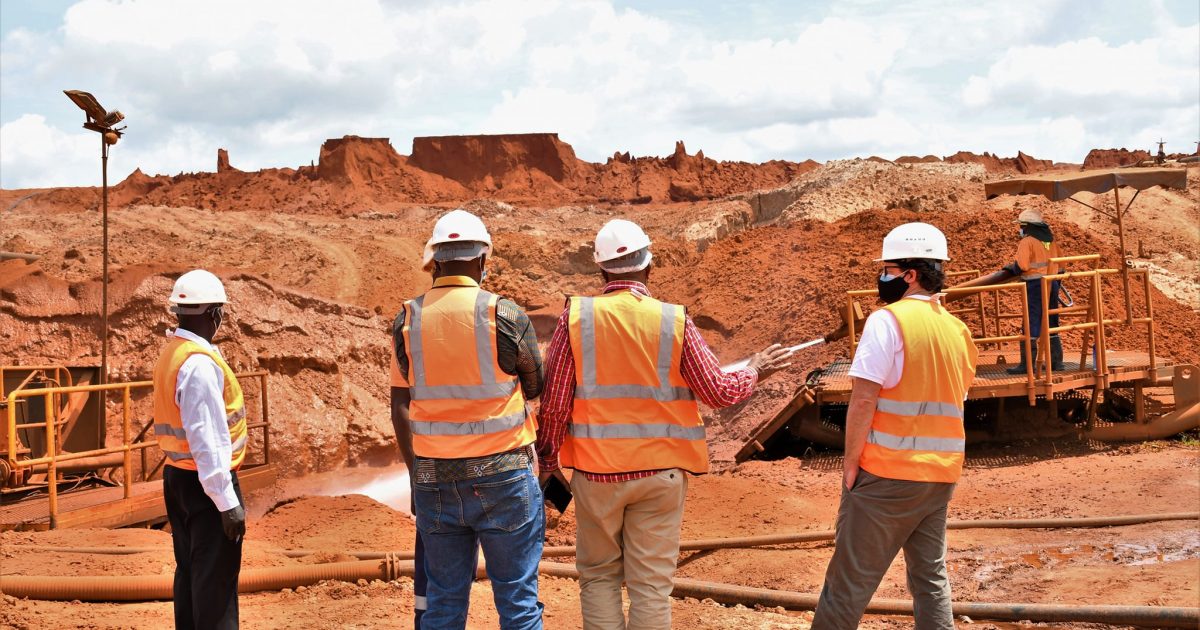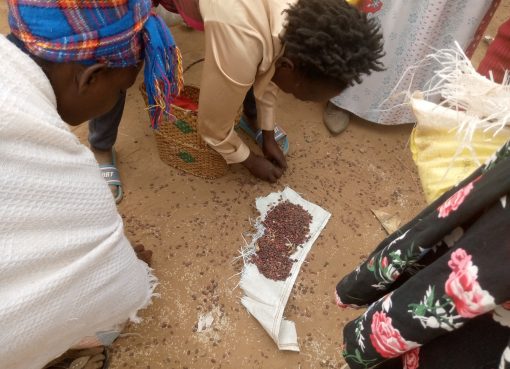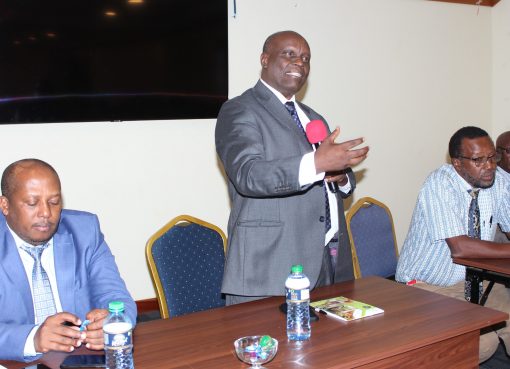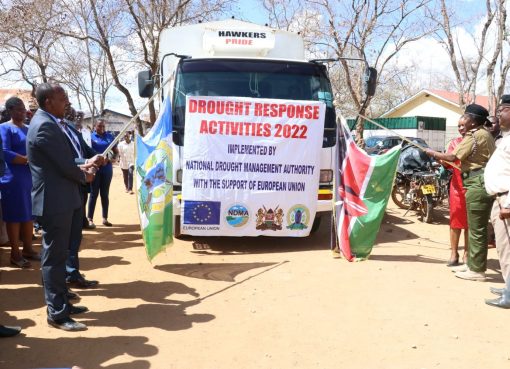Environmental rehabilitation efforts at the Kwale Mineral Sands Operations (Base Titanium) mining site have gained momentum ahead of the anticipated mine closure in November 2023.
Base Titanium is a Kwale based Australian mining firm that operates on the South Coast of Kenya extracting minerals mainly ilmenite, rutile and zircon and is accredited as a Kenya Vision 2030 flagship mining project.
Mineral sands are used for a variety of industrial purposes and are found in a range of everyday consumer goods such as pigment for paint, paper and plastics, producing titanium metal and ceramics.

Operations at the Kwale mineral sands are still underway, but the project has been the recipient of extensive progressive rehabilitation works under which land is repurposed and reclaimed alongside mining operations.
Simon Wall, the General Manager, External Affairs at Base Titanium contends that the Australian mining company is determined to ensure land disturbed by mining activities is returned to a sustainable post-mining land use.
Wall said Base Titanium is committed to operating in a sustainable and environmentally responsible manner by pursuing an ambitious reclamation project.
He noted that one of the most significant forms of environmental damage at the project is the loss of topsoil and the resulting destruction of plant life on the surface of the soil.
He said rehabilitation and restoration are two key processes necessary to minimize and mitigate the impacts of mining operations and restore the landscape to the ‘natural’ pre-mining land cover.
“Research-led rehabilitation methods of both south and central mine dunes at our Kwale operations are progressing well,” said Wall during an interview with journalists.
Wall said so far Base Titanium has been able to rehabilitate more than 200 hectares of mined land involving filling the mines pits and covering the land with native grass and tree species.
Rehabilitation of mined-out areas begins by shaping the area into dunes similar to those that existed before mining to ensure natural drainage areas are followed.
After that shaping and topsoil spreading, manuring and mulching is done to enhance soil organic matter to prepare for vegetation.
Mulching protects the sown seeds from birds and wind and insulates the soil from excessive heat and rain.
“More than 600 acres will soon be available for agricultural activities for post mining land use,” he said adding that the mining firm takes its rehabilitation responsibility extremely seriously.
He said, “as mining operations progress we are continuing with the rehabilitation of mined-out areas and returning the disturbed areas into productive land.”
Wall said Base Titanium will not abandon its operations site without being adequately decommissioned and reclaimed saying it’s a key plank in its mine closure plan.
Mine closure occurs once the mineral resource at a working mine is exhausted or operations are no longer profitable.
The official spoke when he conducted journalists on a tour of the mine site to witness first-hand mining operations as well as rehabilitation works and on-going agricultural trials in the south and central dunes.
He said as the largest mine in Kenya, Base Titanium has been and continues to be, a huge success, contributing about 65 per cent of Kenya’s mineral output value.
He said as the country’s largest mining operation, Base has been spearheading an elaborate land rehabilitation and restoration exercise that aims to minimize any environmental impacts resulting from mining operations and maximize future use.

“After months of tending crops at our South Dune agricultural trials on rehabilitated land, this week we started harvesting grain crops including maize and sorghum,” he said.
He said Base Titanium currently has over 37,000 indigenous trees seedling in stock ready for land rehabilitation and reforestation.
Wall said discussions are ongoing among the stakeholders on various land use options and opportunities that will arise once Base finalizes its mining operations.
“Once our mining leases expire the land will revert back to the government which in consultation with stakeholders will identify the most viable land use options or redevelopment opportunities,” he said adding that post-mining land uses may aid in mitigating the loss of employment.
He said Base’s research and trials on the viability of agriculture in mined-out land in collaboration with Kilifi based Pwani University is still on-going.
“We are currently in our third planting season with food crops such as maize, sorghum, millet and tomatoes being cultivated to see if they can do well in areas already mined,” he said.
He said the agricultural activities seek to generate jobs, revenue for the government and provide training opportunities for local farmers.
Wall said in collaboration with researchers from Pwani University and local farmers, Base Titanium will continue to conduct agricultural trials on the potential of various crops including maize, sorghum, spices, sesame, cassava, highland rice, vegetables and other food crops to find out if they can do well in already mined -out areas.
By Hussein Abdullahi





